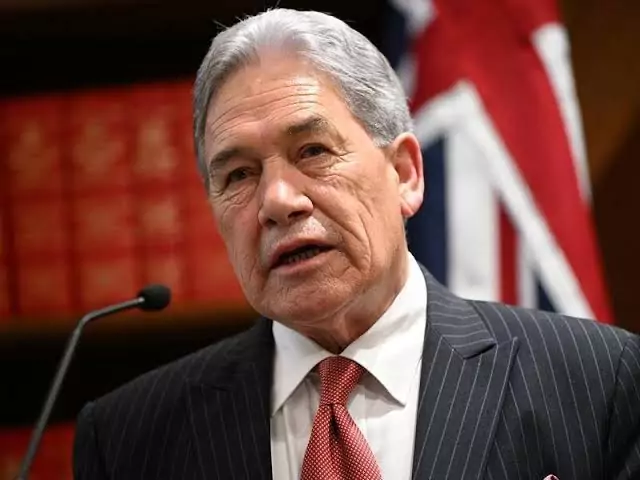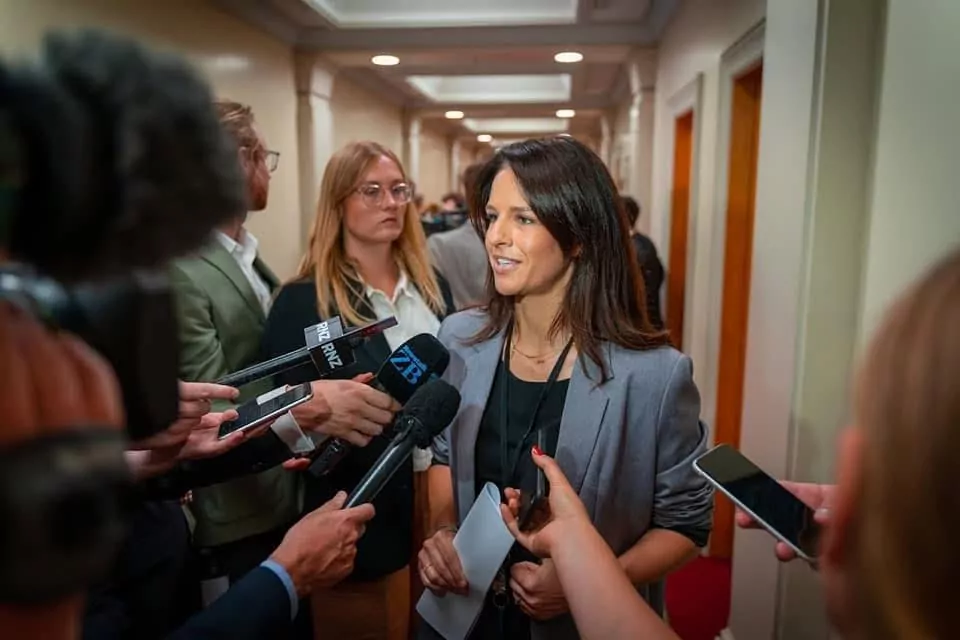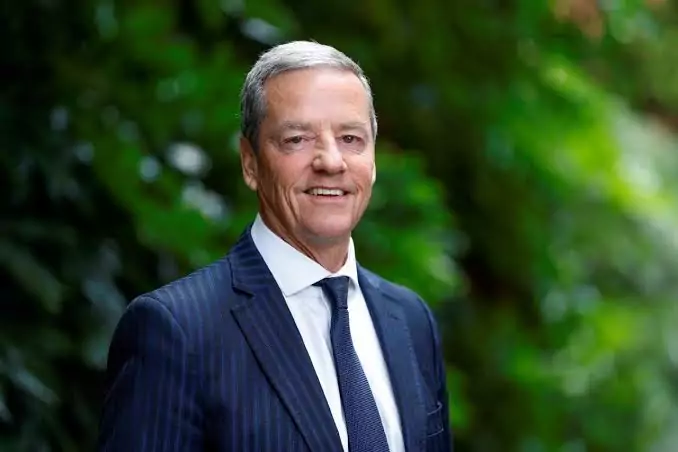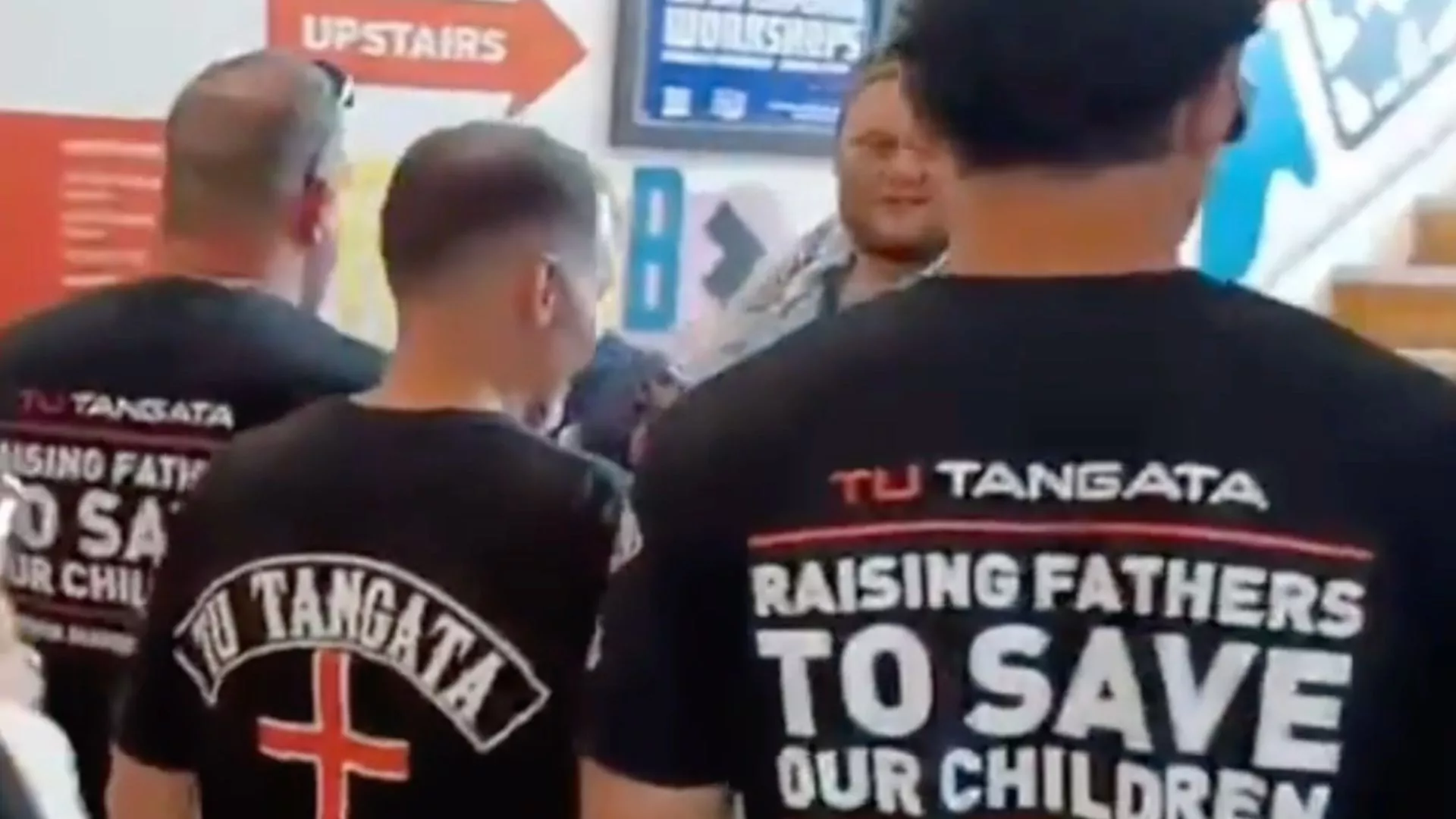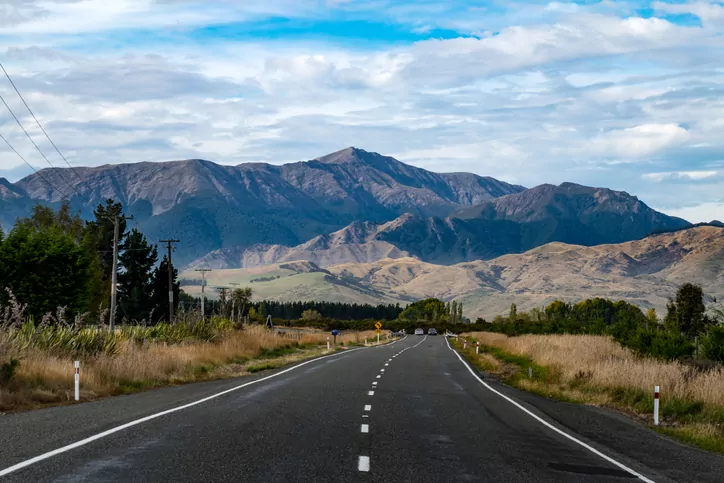Some organisations responsible for the care and protection of vulnerable children in New Zealand say they’ll be forced to close if Oranga Tamariki goes ahead with a proposal to cut funding across the sector.
Social Service Providers Aotearoa, the national body representing 200 community organisations working with at-risk children, sent an email to members over concerns about funding cuts and the way Oranga Tamariki was operating.
Members sent the email on to Chris Lynch media.
It summarised concerns members had shared with the SSPA and was highly critical of Oranga Tamariki.
Organisations were facing a 10% funding cut “with no clear rationale as to why.”
There was a lack of clarity from Oranga Tamariki about how the reduced funding was going to be used elsewhere or redirected.
Concerns were raised that small rural communities would be affected with “providers having to close.”
“The reality is that the needs of children, rangatahi and whānau who they work alongside will not be met because of a lack of alternative services for them.”
Tamariki and whānau in distress would have to wait longer for services, harm would not be able to be prevented to the same degree it is now (which is already limited / under pressure, waiting lists).
“This in practice increases the risk of poor life outcomes.”
Other providers would have to close if they didn’t secure funding from alternative sources.
“Many providers, affected and non-affected felt that Oranga Tamariki was pitting providers against each other, and also “setting up an unfortunate divide between Iwi and kaupapa Māori providers and non-Māori providers.”
“Many providers have been consistently under-funded for the services they provide on behalf of the government for over a decade” the report said.
There were fears staff will be lost, not only from organisations, but from community-based social services “at a time when the sector was already facing staff shortages.”
“How will community needs be met if this happens? How will specialist skills and experience built up over years, decades, be retained for benefit of communities?”
Many providers, affected and non-affected felt that Oranga Tamariki was pitting providers against each other, and also “setting up an unfortunate divide between Iwi and kaupapa Māori providers and non-Māori providers.”
The report said “this does not serve children and whānau, it does not align with Oranga Tamariki stated aspirations around communities working together collectively. The approach emerging has potential to undo years of good relationship-building work across the community-based social sector.”
There was also a lack of trust in dealing with Oranga Tamariki and the agency was not acting in a way that was keeping providers safe.
“That is disrespectful – not in line with the spirit of partnership.”
Providers highlighted the “slowness of Oranga Tamariki communications and a lack of keeping the whole sector in the loop.”
They wanted to know how the perspectives of children, rangatahi and whānau were feeding into the process.
“Oranga Tamariki has said there would be an opportunity for this, but at the local level Oranga Tamariki staff were unable to indicate how this will occur.”
The sector was already hurting, due to the pandemic and consistent under-funding, lack of workforce planning and capability-building investment from the Government.
“The destabilising effect of this course of action was going to deepen the instability of the sector.”
Providers reported a lack of analysis underpinning the decisions being communicated to them.
Messages shared by Oranga Tamariki leadership didn’t always line up with decisions that have been communicated to providers.
Oranga Tamariki was also accused of having a “misalignment with Government priorities and policy positions.
Social Service Providers Aotearoa Chief Executive Dr Claire Achmad didn’t answer specific questions, but sent an email to Chris Lynch saying “the needs of children, rangatahi, whānau and communities are growing, yet our community-based social sector remains underfunded and overstretched.”
Social Service Providers Aotearoa Chief Executive Dr Claire Achmad
“This is what change looks like. Yes it can be scary, but this is for our kids. The system needs to work for our tamariki.”
“Our community-based social services need to be strengthened, and a range of services and supports maintained so that the basic rights of all children and rangatahi can be upheld” Achmad said.
“Meeting the basic needs and rights of all tamariki is a necessary foundation for children’s wellbeing. Being able to access services and supports that work for them, within their local communities, is an essential enabling ingredient.”
Minister for Children Kelvin Davis didn’t answer specific questions about funding, but in a written statement said “the system is currently not working for our tamariki.
We know this, and this is why Oranga Tamariki has made substantial changes. This is the moment in time for a shift to happen.”
Davis said “it’s not just Oranga Tamariki that needs to change – all providers across the country need to focus on providing effective, efficient, quality services where every dollar is spent on supporting tamariki and whānau. You can be certain I am working to ensure this happens.”
The Minister said “Tamariki are at front of mind in my decision making. I want community to be at the heart of what we are doing, which is why Oranga Tamariki is shifting decision-making to communities. This is what change looks like. Yes it can be scary, but this is for our kids. The system needs to work for our tamariki.”
Oranga Tamariki Māori Partnerships and Communities Deputy Chief Executive Darrin Haimona wasn’t keen to talk.
Oranga Tamariki Māori Partnerships and Communities Deputy Chief Executive Darrin Haimona wouldn’t answer specific questions or address concerns from the report.
In a one-line statement, he said “we are still reviewing provider funding. We are continuing conversations with affected providers and no final decisions have yet been made.”
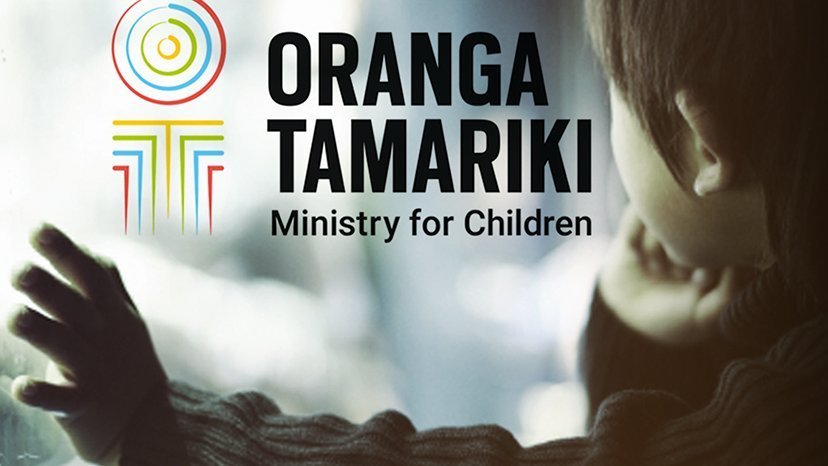
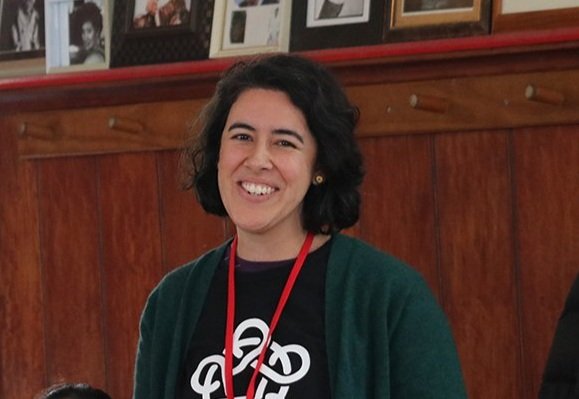
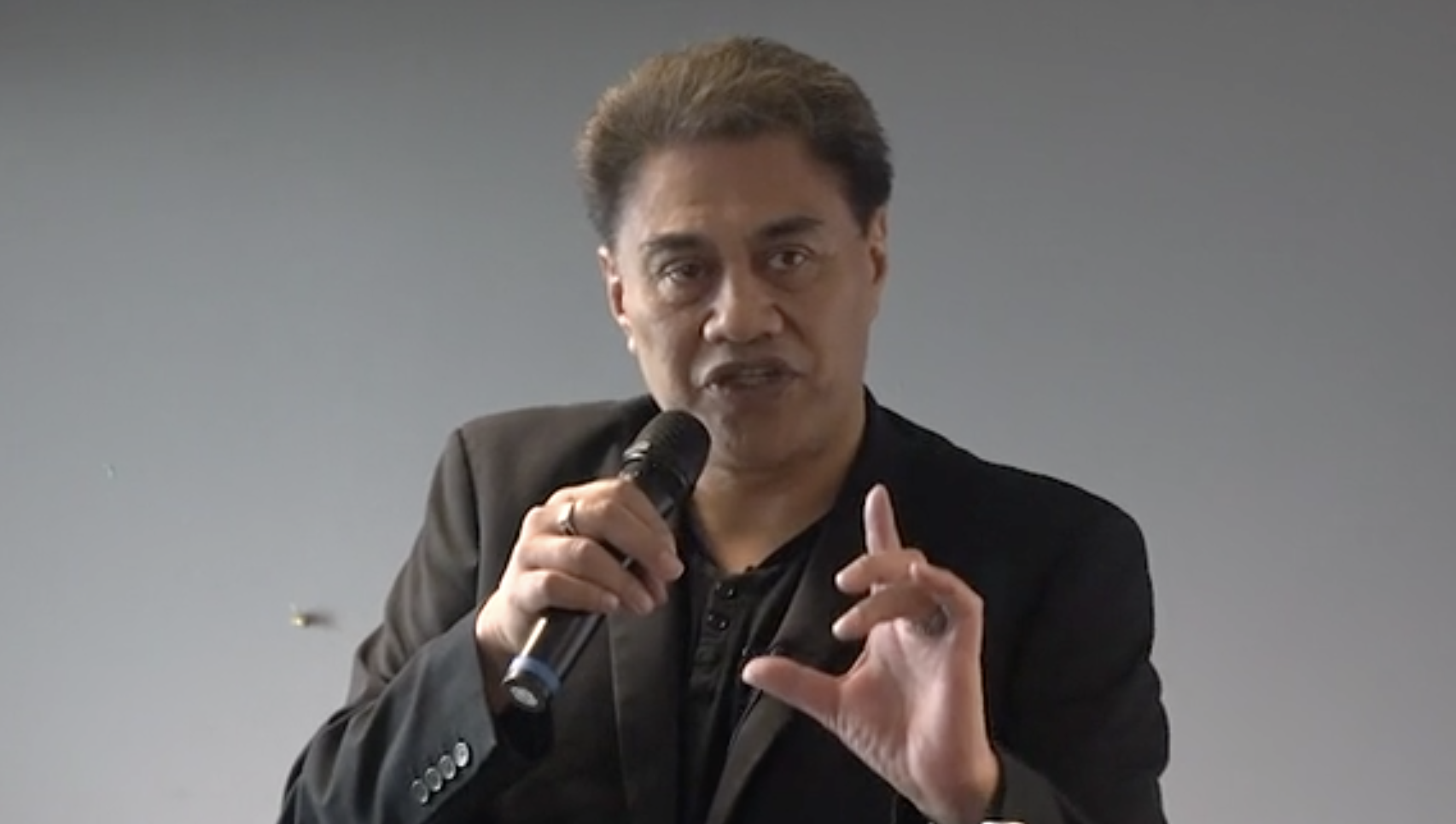
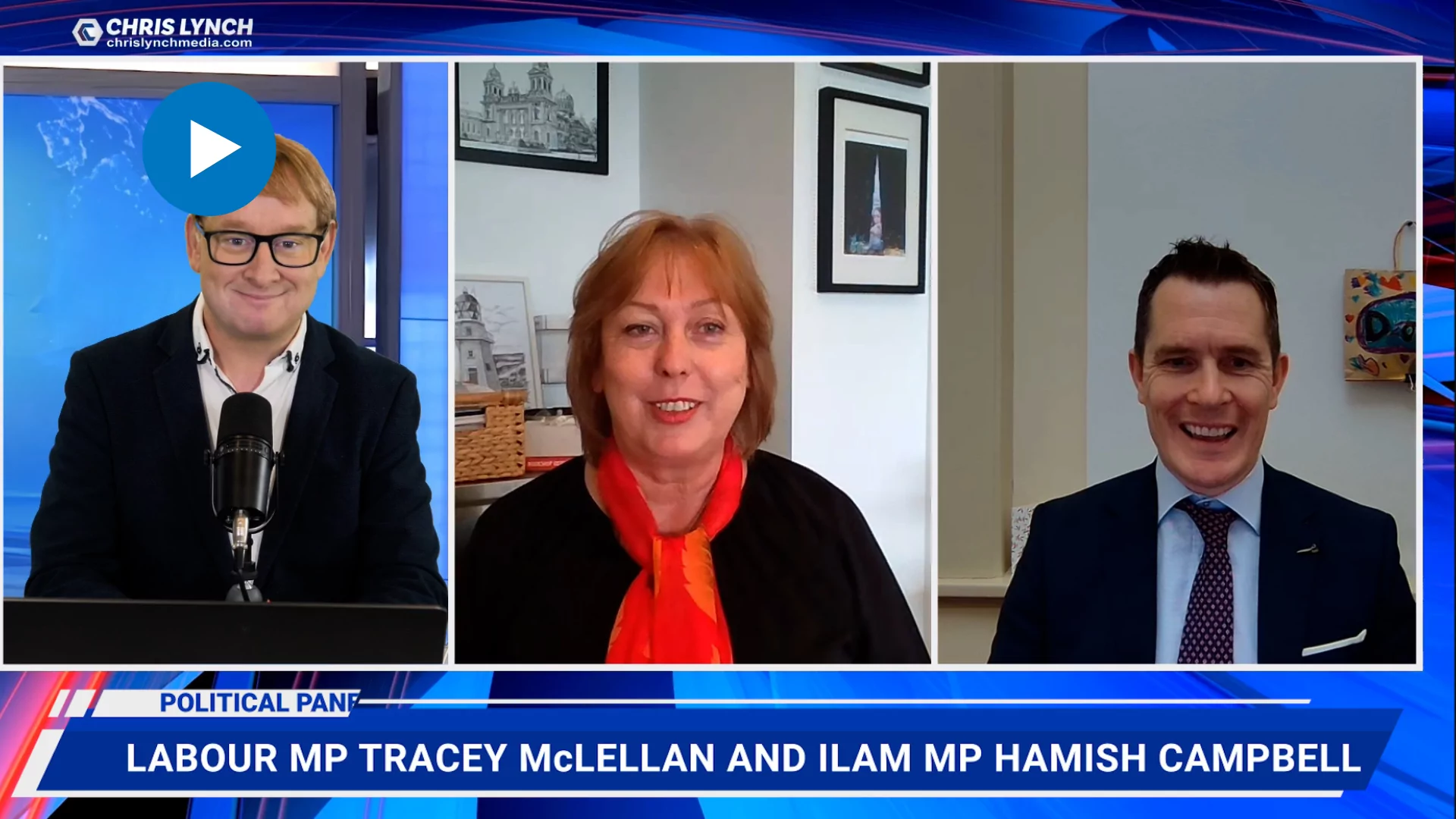

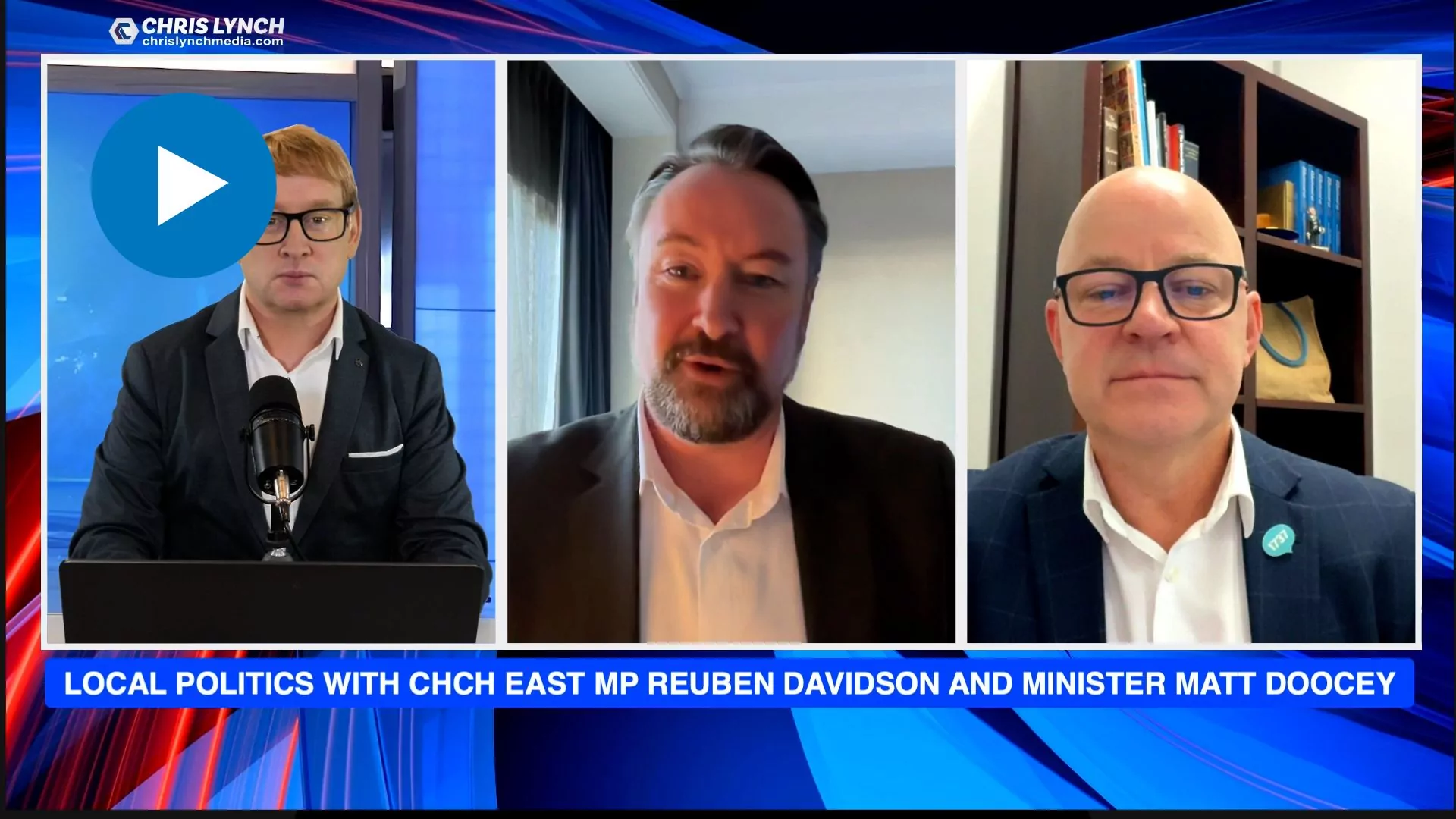
 MPs clash over $400,000 Chalice restoration and school lunches in heated debate
MPs clash over $400,000 Chalice restoration and school lunches in heated debate